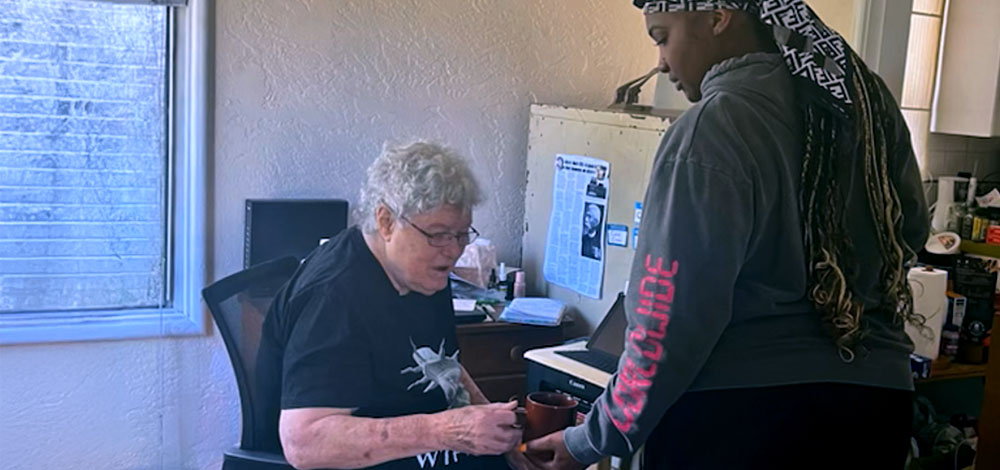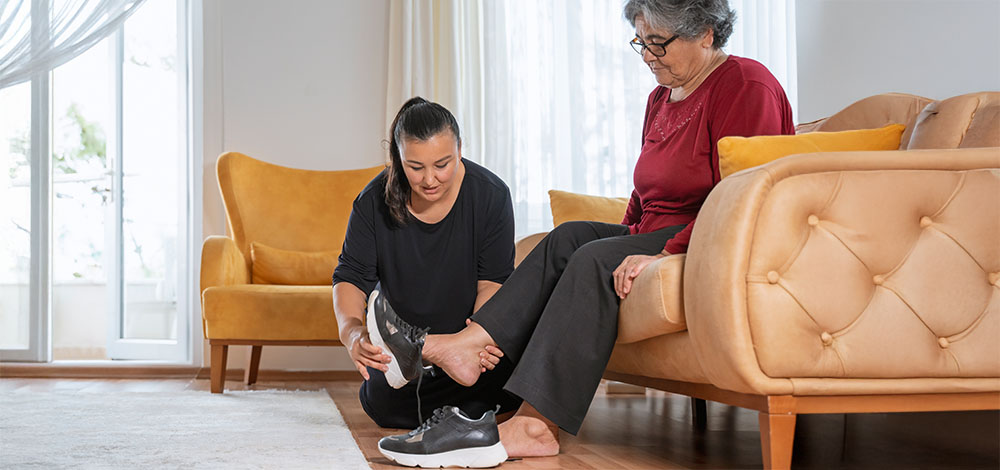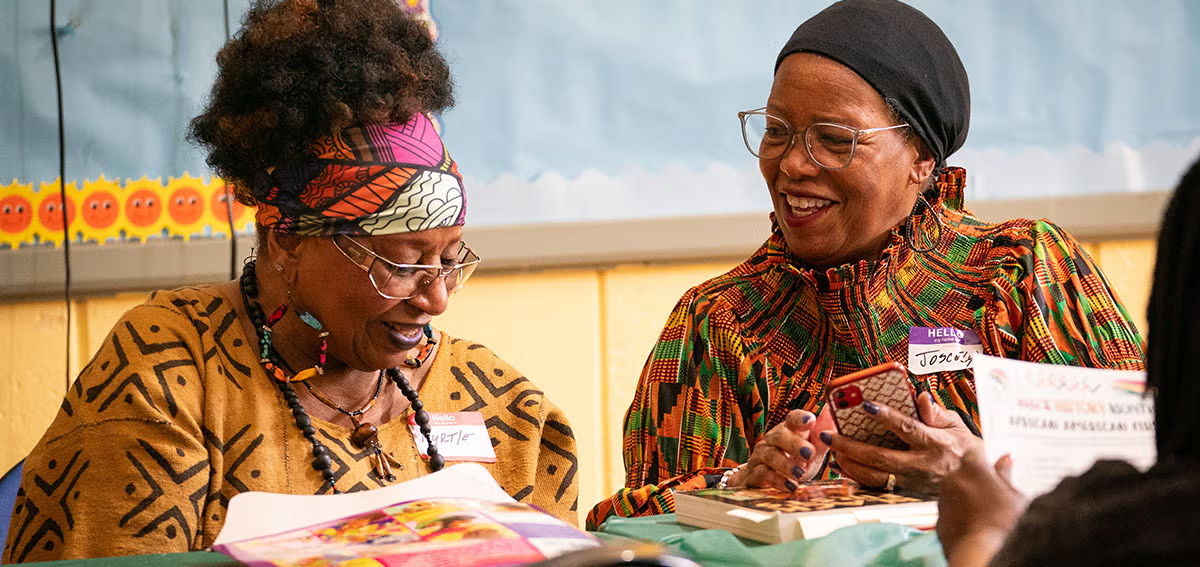Living with a serious illness impacts all facets of a person’s life. Results from a statewide survey released today by the California Health Care Foundation (CHCF) show that the vast majority of people with serious illness want the kinds of supportive services provided by palliative care, which focuses on providing relief from the symptoms and stress of serious illness and can be provided alongside curative treatment.
Californians also express a desire for as much information as possible about what they can expect with their illness now and in the future. This sentiment poses a challenge to the current health care system, where such conversations are not the norm and the majority of people with serious illness do not receive palliative care.
Help Wanted: Californians’ Views and Experiences of Serious Illness and End-of-Life Care reports selected findings from the new survey and highlights key differences by race/ethnicity and income level. The survey is a follow-up to the foundation’s influential Final Chapter report released in 2012.
“Californians overwhelmingly want their health care provider to address the physical, emotional and practical stresses of serious illness,” said Sandra R. Hernández, MD, president and CEO of CHCF. “While many people do receive services, like palliative care, it tends to happen toward the end of life. These services could make a much bigger difference if they were delivered earlier.”
Wanting to Prepare
When it comes to serious illness, the survey shows Californians want communication with and information from their health care providers. The vast majority report they would want as much information as possible if they were to face serious illness. Among those already living with a serious illness, about half say a health provider has talked with them about what to expect if their condition gets worse. One in 5 say they feel “not too prepared” or “not at all prepared” for worsening illness. And among Californians with low incomes, this increases to 1 in 3.1
Nearly 8 in 10 Californians say that if seriously ill, they would want to speak with their doctor about their wishes for medical treatment at the end of life. Yet 1 in 5 with a serious illness, and 1 in 5 age 65 or older, report having had this type of conversation. Compared to the previous CHCF survey, more Californians now say they have documented their end-of-life wishes in writing (34% in 2019 vs. 23% in 2011), although documentation is reported less frequently among Californians with low incomes (25%).
Seeking Palliative Care
Palliative care has been shown to improve quality of care, improve patient and family experience, and reduce emergency room visits and hospital stays. Those who had heard of the term “palliative care” doubled from 17% in the 2011 survey to 37% in the 2019 survey, although awareness was lower (22%) among respondents with low incomes. When palliative care is described, 9 in 10 Californians without a serious illness say they would want this type of care if they had a serious illness. But less than half (41%) of those with a serious illness say they have received this type of help.
Asked how helpful various supportive services would be, nearly two-thirds of those with serious illness say getting assistance with pain or other side effects would be helpful, and half say it would be helpful to get support for sadness, stress, or other hard feelings. These are core elements of what palliative care provides, often alongside treatments aimed at the underlying disease.
“When people describe the support they want, they are actually describing palliative care,” said Kate Meyers, senior program officer at CHCF, who oversees the foundation’s serious illness and end-of-life care portfolio. “These services exist across California, but lack of awareness and variations in insurance coverage make it difficult to deliver what people want and need.”
Challenges for Those with Fewer Financial Resources
Perhaps unsurprisingly, the survey finds that people with fewer financial resources face even greater challenges around serious illness and end of life care. Only 7% of Californians with low incomes who also have a serious illness say they feel very prepared to deal with their illness if it got worse. This group also reports the highest level of interest in getting supports beyond disease treatment, compared to groups with higher incomes.
More Online
Additional resources can be found at www.chcf.org/helpwanted, including highlights of survey results, fact sheets offering deeper dives into the needs of Californians with low incomes and communication about serious illness, and short videos featuring individuals and health care providers reflecting on their experiences with these issues. Register to attend a November 5 webinar featuring a discussion of key findings and how providers, health plans, and others can work to meet the needs of people with serious illness.
Methodology: The survey was conducted June 6 through July 2, 2019, by PerryUndem Research/Communication, a nonpartisan public opinion research firm based in Washington, DC, among a representative sample of 2,588 Californians age 18 and older.
Notes
- Low income in the survey is defined as less than 150% of the federal poverty level (FPL). In 2019, the FPL was $12,490 for a single person and $25,750 for a household of four. ↩︎
Downloads & Links
Contact Information:
About the California Health Care Foundation
The California Health Care Foundation is dedicated to advancing meaningful, measurable improvements in the way the health care delivery system provides care to the people of California, particularly those with low incomes and those whose needs are not well served by the status quo. We work to ensure that people have access to the care they need, when they need it, at a price they can afford.




